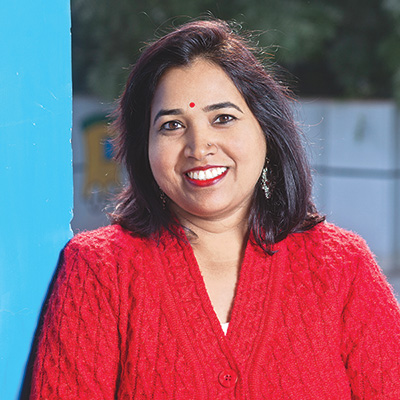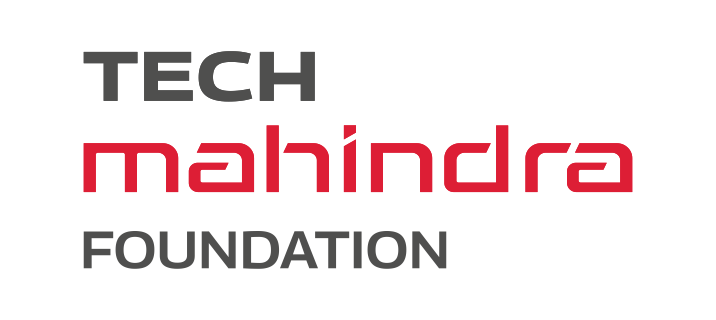A DEMOCRATIC CLASSROOM
“Young people require structure. In fact, they prefer it. It brings stability to their lives. So, when an adult sets up the same rules for them and one’s own self, they are drawn to that organisation,” – Ms. Vidyawati

Ms. Vidyawati
A teacher supported at our Shikshaantaar program in Delhi (ITEI-EDMC)
It sounds glorious to say that one runs a democratic classroom. But, what does it mean to create one? Well, for starters, one involves students regularly and in ways that can be deemed appropriate for them! It also means enhanced accountability and responsibility forall stakeholders involved.
Because it was the dream and aspiration of Vidyavati and because she saw its many merits, she sought strategies to create a democratic set up in her classroom. Hence, when she came to the ITEI-EDMC, she felt her dreams were closer to being realised than ever before!
“Young people require structure. In fact, they prefer it. It brings stability to their lives. So, when an adult sets up the same rules for them and one’s own self, they are drawn to that organisation,” explains Vidyavati. There are obvious proven advantages of having a democratic setup, as Vidyavati notes. “The students respect each other’s point of views. They do not interrupt one another while talking. I do not constantly need to scream at them. They manage their behaviour and work in the classroom”.
“Some matters require individuals to participate by themselves, while some require group work. Sometimes, external issues or uncontrollable factors make it impossible to work one way. The strategy is never to give up and to always listen to what the students are saying. They always know what they want. My job is to teach them to express their needs,” says Vidyavati.
However, this ideal classroom was not always this way and some days are still challenging, which is natural when one is working with children. She reports the initial hiccups with students being unable to understand the need for establishing their own rules and deciding their seating arrangement. With her generous mentoring, she guided them into being more independent. Her time at the Institute, by her own account, enriched her with multiple strategies.
Nonetheless, it is a great vote of confidence in the principles of teaching when an elementary classroom can do what even nations sometimes fail to do!
